Cambridge Healthtech Instituteの第8回年次
Degraders & Molecular Glues – Part 2
分解剤・モレキュラーグルー – パート2
Pursuing Diverse Targets, Exploring New Ligases and Degradation Pathways
多様なターゲットを追求し、新しいリガーゼと分解経路を探る
2025年4月16日 - 17日PDT(米国太平洋標準時)
PROTAC(タンパク質分解誘導キメラ分子)のようなヘテロ二官能性の分解剤やモレキュラーグルーのような一価の分解剤は、ユビキチン・プロテアソーム系、リソソーム、オートファジー系を乗っ取って、標的タンパク質の分解を行うために開発されています。新規の化学を探り、革新的アプローチを用いて、分解と近接に基づく複雑な細胞生物学を深く理解することで、これまで「創薬不可能」だった治療介入のターゲットを探し出しています。「分解剤・モレキュラーグルー」会議は2部構成で、この分野の専門家を集め、新たな治療アプローチとして、標的タンパク質分解と近接誘導の重要性とアプリケーションについて議論します。
4月16日(水)
12:00 pmRegistration Open
EXPLORING NEW LIGASES
新しいリガーゼを探る
Identification of Disulfide Constrained Peptide-Based Binders against Membrane Bound E3 Ubiquitin Ligases
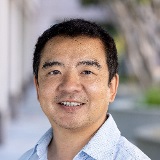 Xinxin Gao, PhD, Principal Scientific Manager, Peptide Therapeutics, Genentech, Inc.
Xinxin Gao, PhD, Principal Scientific Manager, Peptide Therapeutics, Genentech, Inc.
Disulfide constrained peptides (DCPs) show great potential as templates for drug discovery. We developed DCPs binding to membrane-bound E3 ubiquitin ligases. They can be used to develop strategies for targeted protein degradation at the plasma membrane. These DCPs can be produced synthetically or recombinantly, providing great versatility compared with large biologics or small molecules.
Targeting Tissue-Specific E3 Ligases
 Stephen W. Fesik, PhD, Professor of Biochemistry, Pharmacology & Chemistry; Orrin H. Ingram II Chair in Cancer Research, Vanderbilt University
Stephen W. Fesik, PhD, Professor of Biochemistry, Pharmacology & Chemistry; Orrin H. Ingram II Chair in Cancer Research, Vanderbilt University
Only a handful of ligands are available for > 600 known E3 ligases. Using fragment-based methods and structure-based design, we have discovered ligands for additional E3 ligases that are tissue specific and are only present in cancer cells but not normal tissue. We are using these ligands to create less toxic PROTACS for cancer therapy.
 Rediscovering Potential of Liposome in Advanced Drug Discovery in Oncology
Rediscovering Potential of Liposome in Advanced Drug Discovery in Oncology
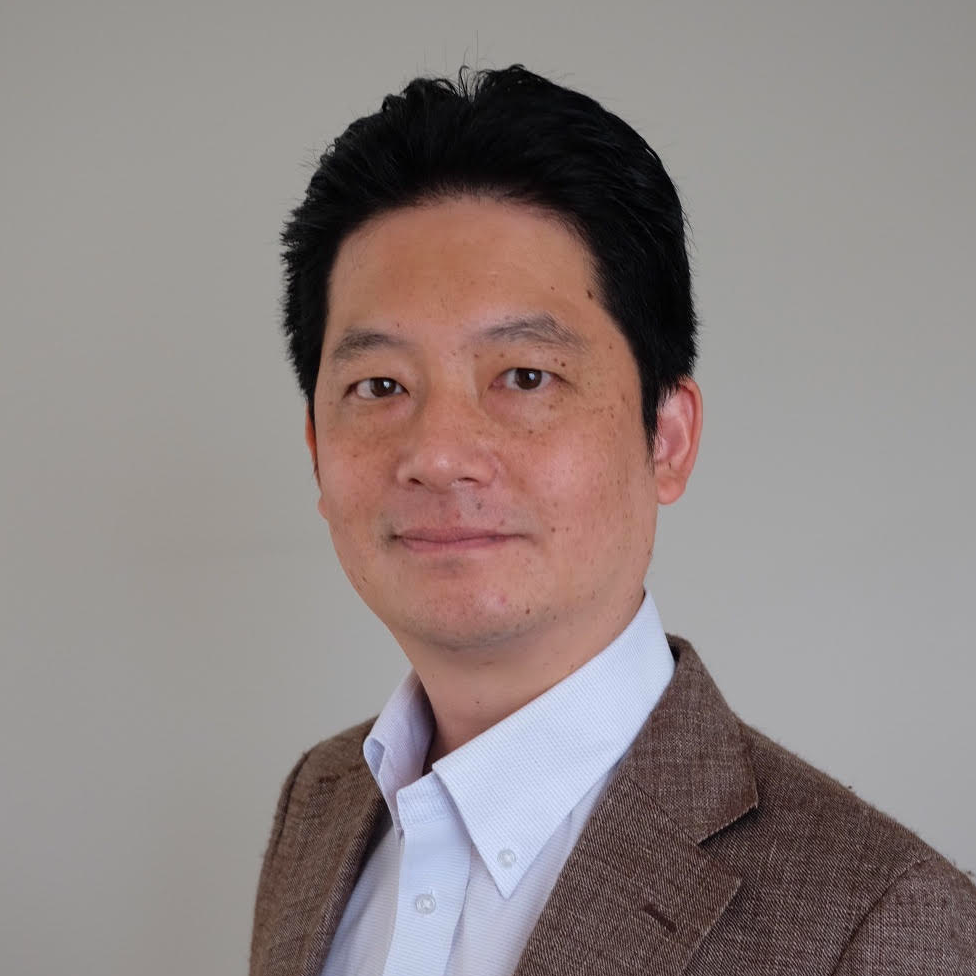 Naoki Yamada, Dir & Head, Marketing & Strategy, FUJIFILM Pharmaceuticals, U.S.A., Inc.
Naoki Yamada, Dir & Head, Marketing & Strategy, FUJIFILM Pharmaceuticals, U.S.A., Inc.
Small molecules are a promising modality for anticancer drugs. The complicated design of advanced small molecules such as Targeted Protein Degrader (TPD) have inherited significant difficulties in biodistribution. The presenter will show how liposomes improve the biodistribution of small molecule drugs and discuss the potential of liposomes to create new value not only in traditional chemotherapy but also in the growing field of molecular targeted therapy and immunotherapy by presenting in-house data.
3:10 pmBreakout Discussions (In-Person Only)
Breakout Discussions are informal, moderated discussions, allowing participants to exchange ideas and experiences and develop future collaborations around a focused topic. Each breakout will be led by a facilitator/s who keeps the discussion on track and the group engaged. Please visit the Breakout Discussions page on the conference website for a complete listing of topics and descriptions. Breakout Discussions are offered in-person only.
3:55 pmRefreshment Break in the Exhibit Hall with Poster Viewing
Structural Insights into DCAF1 Substrate Specificity and Interaction with PROTACs
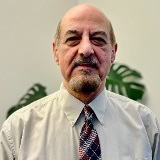 Masoud Vedadi, PhD, Senior Scientific Advisor, Drug Discovery, Ontario Institute for Cancer Research
Masoud Vedadi, PhD, Senior Scientific Advisor, Drug Discovery, Ontario Institute for Cancer Research
Downregulation and mutation of E3 ligase substrate receptors such as CRBN, VHL, MDM2, and IAP will reduce the effectiveness of PROTACs, which necessitates addition of new substrate receptors and E3 ligases to the repertoire to avoid resistance. DCAF1 is a substrate receptor of EDVP and CUL4 E3 ligases with diverse substrate specificity. We will discuss structural insights into a mechanism by which DCAF1 could gain such diverse substrate specificity and describe why it could be a reliable and possibly better alternative to the commonly used E3 substrate receptors for development of PROTACs.
Proteomics-Enabled E3 Ligase Discovery
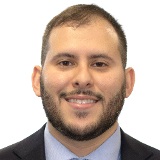 Angelo Andres, Senior Scientist, Chemical Biology, AstraZeneca Pharmaceuticals
Angelo Andres, Senior Scientist, Chemical Biology, AstraZeneca Pharmaceuticals
Generating therapeutic targeting hypothesis for drugging proteins lacking traditional binding pockets is critical for tackling unprecedented targets. We describe a proximity labeling proteomics approach for revealing putative regulatory E3 ligases as a strategy-generating platform by targeting existing complexes via induced proximity. Furthermore, we discuss considerations for deploying this approach and bioinformatics strategies for increased confidence of putative hits.
5:45 pmClose of Day
5:45 pmDinner Short Course Registration
6:15 pmDinner Short Course*
SC5: Protein Degraders: An in vivo ADME and Safety Perspective
*Premium Pricing or separate registration required. See Short Courses page for details.
4月17日(木)
7:15 amRegistration Open
7:45 amBreakfast Panel Discussion: Diversity in Chemistry (People, Not Molecules) (Sponsorship Opportunity Available)
Grab a plate and seat (breakfast provided by Drug Discovery Chemistry) to join a dynamic discussion about growing the enterprise of chemistry. This session originated with a focus on "Women in Chemistry," but every year the discussion, guided by audience interest and participation, evolves. This panel discussion is being offered in-person only.
PANEL MODERATOR: Michelle Arkin, PhD, Chair and Distinguished Professor, Pharmaceutical Chemistry & Director, Small Molecule Discovery Center, University of California, San Francisco
PANELISTS: Tom Garner, Genentech; Katerina Leftheris, formerly Vilya Therapeutics; Justyna Sikorska, Merck
- Do family leave policies at companies impact men and women equally?
- Where does the 'drop-off' of women in the chemistry career progression pipeline occur and why?
- What tools does your institution use, or do you wish for, to help increase diversity in gender or under-represented races.
PLENARY KEYNOTE SESSION
プレナリーセッション(基調講演)
Simplifying Synthesis with Radicals
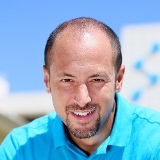 Phil Baran, PhD, Chair & Professor, Department of Chemistry, Scripps Research Institute
Phil Baran, PhD, Chair & Professor, Department of Chemistry, Scripps Research Institute
Our latest findings on how the use of radical cross-coupling can dramatically simplify the practice of medicinal chemistry will be presented through the invention of reactions that have wide-substrate scope, use ubiquitous starting materials, and are experimentally trivial to conduct.
9:25 amCoffee Break in the Exhibit Hall with Poster Viewing and Best of Show Awards Announced
PROXIMITY & MOLECULAR GLUE STRATEGIES
近接・モレキュラーグルーの戦略
FEATURED PRESENTATION: Rewiring Cancer Drivers to Activate Programmed Cell Death Using Chemical Induced Proximity (CIP)
 Gerald Crabtree, MD, David Korn Professor of Experimental Pathology & Developmental Biology, Stanford University
Gerald Crabtree, MD, David Korn Professor of Experimental Pathology & Developmental Biology, Stanford University
We are developing small molecules (TCIPs or SCIP for Transcriptional/epigenetic or Signaling Chemical Inducers of Proximity) that rewire mutated cancer drivers to activate powerful and specific pathways of programmed cell death. TCIPs induce proximity of the cancer driver to the promoters of proapoptotic BH3-only genes, rapidly reversing their epigenetic repression and activating cell death. In PDX models they eliminate specific lymphomas without significant toxicity.
FEATURED PRESENTATION: Reimagining Druggability Using Chemoproteomic Platforms
 Daniel Nomura, PhD, Professor of Chemical Biology and Molecular Therapeutics, Department of Chemistry, University of California, Berkeley
Daniel Nomura, PhD, Professor of Chemical Biology and Molecular Therapeutics, Department of Chemistry, University of California, Berkeley
One of the greatest challenges that we face in discovering new disease therapies is that most proteins are considered “undruggable,” in that most proteins do not possess known binding pockets or “ligandable hotspots” that small-molecules can bind to modulate protein function. Our research group addresses this challenge by advancing and applying chemoproteomic platforms to discover and pharmacologically target unique and novel ligandable hotspots for disease therapy.
12:35 pmTransition to Lunch
12:40 pmLuncheon Presentation (Sponsorship Opportunity Available) or Enjoy Lunch on Your Own
1:10 pmDessert Break in the Exhibit Hall with Poster Awards Announced (Sponsorship Opportunity Available)
NOVEL INHIBITORS & DEGRADERS OF TRANSCRIPTION FACTORS
転写因子における新規の阻害剤・分解剤
Orally Bioavailable Selective SMARCA2 Degraders for Cancer Therapy
 Susanta Samajdar, PhD, CSO, Aurigene Discovery Technologies Ltd.
Susanta Samajdar, PhD, CSO, Aurigene Discovery Technologies Ltd.
Highly potent, exquisitely selective, and orally bioavailable inhibitor of SMARCA2 degrader identified using proprietary platform technology DNsD (Directed Neo-Substrate Degradation). Potential candidate has been identified for the treatment of SMARCA4 mutated cancers. In vitro and in vivo profile of potential candidate molecule will be presented.
Biophysical and Structural Characterization of the Molecular Glue-Mediated Interaction of Transcription Factors with Cereblon
 Charles Wartchow, PhD, Associate Director, Global Discovery Chemistry, Novartis Institutes for BioMedical Research
Charles Wartchow, PhD, Associate Director, Global Discovery Chemistry, Novartis Institutes for BioMedical Research
Transcription factors are known to bind to cereblon in the presence of molecular glues and some reports implicate interactions with multiple zinc fingers. We present biophysical and structural assessments of the minimal binding domains of IKZF2 and other transcription factors, revealing that multiple zinc fingers interact with cereblon:glue complexes. In these examples, the binding modes are distinct and may have implications for the design of selective degraders.
3:55 pmNetworking Refreshment Break
Development of Degrader Antibody Conjugates as Double Precision Anticancer Therapeutics
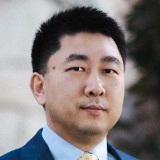 Jin Wang, PhD, Director, Biochemistry and Molecular Pharmacology, Baylor College of Medicine
Jin Wang, PhD, Director, Biochemistry and Molecular Pharmacology, Baylor College of Medicine
Development of Degrader Antibody Conjugates (DACs) represents a novel therapeutic modality combining antibody specificity with targeted protein degradation. Our DAC has a GSPT1 molecular glue as the payload, enabling selective protein degradation in cancer cells. Different linker chemistries were compared for GSPT1 degradation efficiency and cellular potency. This dual-targeting approach demonstrates potent anti-tumor activity with improved therapeutic window compared to traditional ADCs.
Application of Biophysical Methods for Molecular Glue Discovery and Characterization
 Alexandra Frommlet, Scientist, Biochemical and Cellular Pharmacology, Biophysics Group, Genentech Inc.
Alexandra Frommlet, Scientist, Biochemical and Cellular Pharmacology, Biophysics Group, Genentech Inc.
The application of biophysical methods in the discovery of molecular glue degraders will be presented. By leveraging techniques such as Surface Plasmon Resonance and Spectral Shift assays and putting emphasis on ternary complex affinity and kinetic characterization, novel molecular glues to an important oncology target protein have been identified and validated.
CG-SLENP: From Protein Labeling to PROTAC Therapeutic Opportunities
 Xiangshu Xiao, PhD, Professor, Chemical Physiology & Biochemistry, Oregon Health & Science University
Xiangshu Xiao, PhD, Professor, Chemical Physiology & Biochemistry, Oregon Health & Science University
PROTACs are an emerging class of therapeutics for many disease areas including oncology. We recently developed a novel chemical genetics-based method to selectively label existing proteins and newly synthesized proteins (CG-SLENP) in living cells. Using this method, we found that existing proteins and newly synthesized proteins have drastically different responses to small molecule inhibitors and PROTACs. We further found that combining PROTACs and small molecule inhibitors show synergistic anticancer activities.
5:40 pmClose of Conference
*不測の事態により、事前の予告なしにプログラムが変更される場合があります。
アジェンダ・講演者・スポンサー更新
2025年 4月 14日
2025年 4月 15 - 16日
2025年 4月 16 - 17日
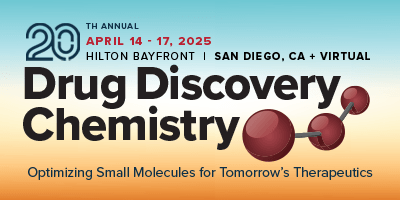
 Talk Title to be Announced
Talk Title to be Announced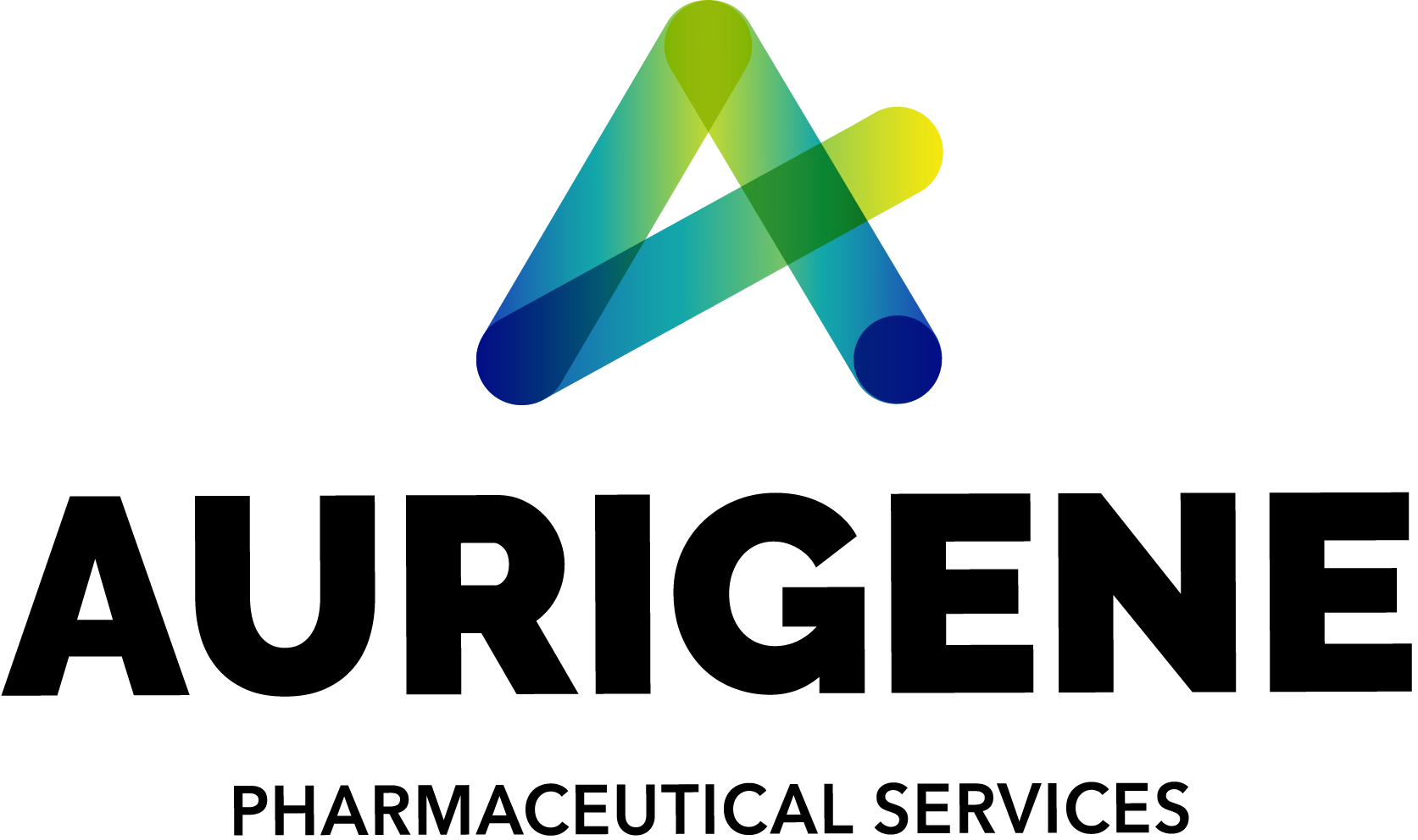 Talk Title to be Announced
Talk Title to be Announced























